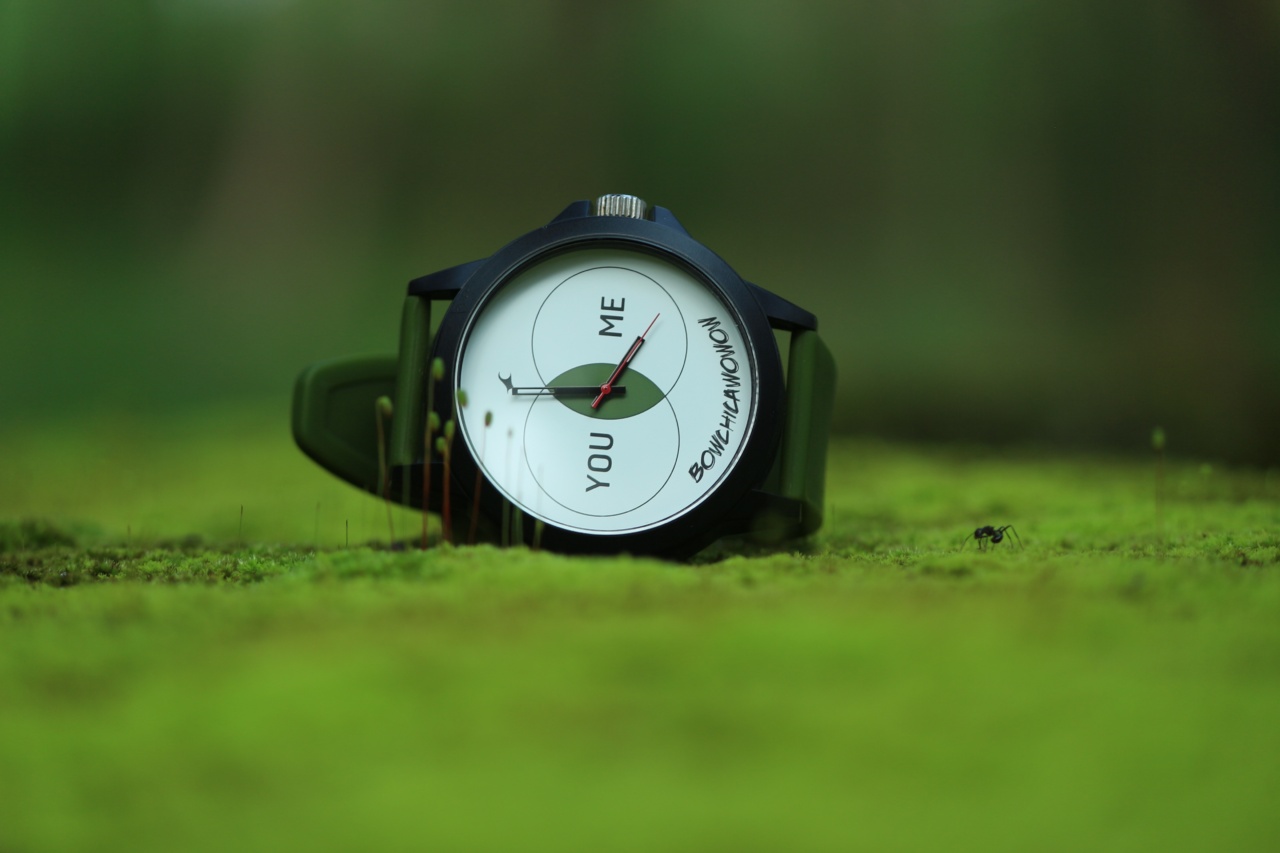Glaucoma is a serious eye condition that often goes unnoticed until significant damage has already occurred. It is characterized by increased pressure in the eye, which can lead to optic nerve damage and vision loss if left untreated.
While there are various factors that can contribute to the development of glaucoma, such as genetics and age, recent studies have revealed a potential link between glaucoma and a specific beverage that many of us consume on a daily basis.
The Link Between Glaucoma and Caffeine
Yes, you read that right. Recent research suggests that prolonged, excessive consumption of caffeine may increase the risk of developing glaucoma.
This finding has sent shockwaves through the medical community and has left many avid coffee drinkers concerned about their eye health.
A study conducted at the Harvard Medical School followed a large group of individuals for several years, tracking their caffeine consumption and monitoring their eye health. The results were astonishing.
Those who consumed high amounts of caffeine, equivalent to approximately four or more cups of coffee per day, had a significantly higher risk of developing glaucoma compared to those who consumed little to no caffeine.
But how does caffeine actually affect the eye? The exact mechanism is not yet fully understood, but scientists believe it has to do with the impact of caffeine on intraocular pressure (IOP).
Intraocular pressure refers to the pressure inside the eye, and elevated IOP is a key risk factor for glaucoma. Caffeine has been shown to increase IOP, potentially leading to optic nerve damage and the development of glaucoma over time.
Other Risk Factors for Glaucoma
While excessive caffeine consumption is now considered a potential risk factor for glaucoma, it is important to note that it is not the only factor. There are several other known risk factors for glaucoma, including:.
1. Family History: If you have a close relative with glaucoma, such as a parent or sibling, your risk of developing the condition is significantly higher.
2. Age: The risk of glaucoma increases with age, particularly after the age of 40.
3. Ethnicity: Certain ethnic groups, such as African-Americans, Hispanics, and Asians, have a higher susceptibility to glaucoma.
4. Eye Conditions: Certain eye conditions, such as high myopia (severe nearsightedness) or thin corneas, can increase the risk of glaucoma.
5. Medical Conditions: Conditions like diabetes, high blood pressure, and migraines have been associated with an increased risk of glaucoma.
Understanding these risk factors is crucial for early detection and prompt treatment of glaucoma.
Regular eye examinations, particularly for individuals with one or more risk factors, are essential for preserving vision and preventing irreversible damage.
Managing Your Caffeine Consumption
If you are an avid coffee drinker or regularly consume other caffeinated beverages, you may be wondering how to manage your caffeine intake to reduce the potential risk of glaucoma. The good news is that moderation is key.
While the exact amount of caffeine that increases the risk of glaucoma is still unclear, it is advisable to limit your daily caffeine intake to moderate levels.
This typically means consuming no more than two to three cups of coffee per day or the equivalent amount of caffeine from other sources, such as tea or energy drinks.
Another important consideration is the timing of caffeine consumption. Research suggests that drinking caffeine in the morning, rather than later in the day, may have less of an impact on intraocular pressure.
This is because caffeine-induced IOP elevation is temporary and tends to normalize within a few hours.
Additionally, if you have a family history of glaucoma or other risk factors, it is wise to consult with an eye care professional who can provide personalized recommendations regarding your caffeine consumption and overall eye health.
Conclusion
Glaucoma is a serious eye condition that can have devastating effects on vision if left untreated.
While genetics and age play a significant role in the development of glaucoma, recent research suggests that excessive caffeine consumption may also increase the risk. Understanding the potential link between caffeine and glaucoma is crucial for making informed decisions about your eye health.
By managing your caffeine intake and being aware of other risk factors, you can take proactive steps towards preserving your vision and reducing the likelihood of glaucoma.





























